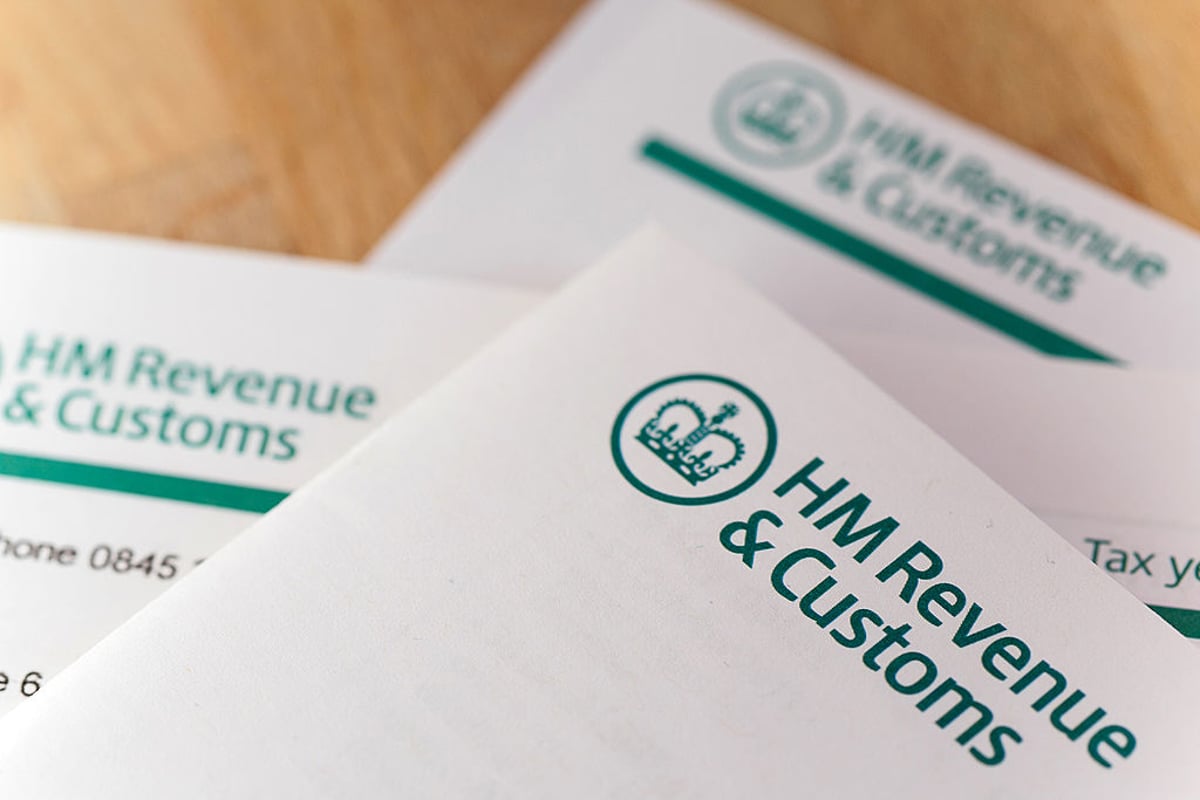Who is affected by the basis period reform? How does the new system work? And what do you need to do to differently? We explain all
Over the last few years, HMRC has introduced some changes to the tax system that might have changed the way you file your taxes if your accounting period is different from the standard tax year of 6 April to 5 April.
If you’re self-employed, a partner in a trading partnership, an unincorporated entity with trading income – such as a trading trust or estate, or a non-resident company with trading income charged to Income Tax – you need to make sure your business practices are in line with the basis period reform as the transitional period begins this year (2023).
The new measures intend to reform the basis period and create a simpler, fairer and more transparent set of rules for taxpayers. While related to Making Tax Digital (MTD) for Income Tax, which will arrive in April 2026, the basis period reform is an independent initiative.
If you’re affected by the basis period reform, read on to find out more about the initiative and what the changes mean for your business.
What is the basis period?
The basis period is the period that you’re liable to pay tax on based on your profit and loss.
This can be different from your accounting period, which is the 12-month time frame you use for your financial reporting, the final day of which is your accounting date (and the day you work out all your taxes).
Most businesses default to the tax year to decide their accounting date, which runs from 6 April to 5 April the following year. This would make your accounting date 5 April. If you use the tax year as your accounting period, your basis period and your accounting period match.
For example, if you started a business on 5 January 2022, you must calculate your taxes in 2023, you’ll work out your income and expenditure for the months from January 2022 up to 5 April 2022.
In subsequent years, your taxes will always be based on your accounts in the 12-month period between 6 April and 5 April, which matches the tax year.
However, it’s not always preferable or practical for all businesses to use the tax year basis period.
What is a non-tax year basis period and why would you choose it?
For some businesses, a non-tax year basis period is more suitable. For example, if you work in industries such as farming or tourism, which are seasonal, you won’t earn profits consistently throughout the year. This means it’s not advantageous for you to pay tax on all your profits for the same 12-month accounting period every year.
Likewise, if you work with international businesses that don’t observe the UK tax year, you may prefer to have tax and accounting dates that more closely align with your trading schedule.
However, previous rules meant that businesses using non-tax year basis periods were taxed twice on their profits in their early trading years.
For example, if you decided to choose 4 January 2022 as your accounting date because that’s when you started trading, HMRC would treat the first few months leading up to 5 April as a shorter than usual basis period. That meant you’d have to calculate and pay taxes for the first few months your business was in operation.
Simple enough, right? Well, no, because HMRC still classified the period 5 January 2022 to 4 January 2023 as a full basis period, even though it includes the initial shorter than usual January to April 2022 basis period for which you’ve already paid tax.
Unfortunately, that tax wasn’t waived. Instead, you had to pay tax on that period again, known as overlap profit. You could offset this against your tax bill, but only once your business had ceased trading. That means, if you run your business successfully for 40 years before closing it down, you wouldn’t recoup your overlap profits until 2062. It’s no wonder many forget.
How does the basis period reform work?
If you think those basis period rules sound unfair, there’s good news: HMRC recently got rid of all existing requirements and introduced a system that it hopes will result in fairer outcomes between businesses and a clearer relationship between profits and tax in any given year.
As of the tax year 2024/25, it will be a legal requirement for all unincorporated businesses to use 6 April to 5 April as their basis period, regardless of what their accounting period is.
However, 2023/24 is considered a transitional period, during which the basis period will be longer than 12 months if your accounting period doesn’t match the tax year. For example, if your accounting date is 4 January, the basis period for which you’ll have to calculate taxes will run from 4 January 2023 to 5 April 2024.
You might be landed with a larger than usual tax bill, but, unlike under the previous system, you’ll be able to deduct these overlap profits from the plus-size tax bill and then pay it off interest-free over the next five years. You will need to prove this with documentation to claim it back.
When 2024/25 comes around, you can then decide whether to simplify things by switching your accounting period to match the tax year.
As discussed before, if your business is seasonal, you may wish to continue with unusual accounting dates, now safe in the knowledge you can recoup your overlap profits straight away, rather than having to wait until you close your business.
What does basis period reform mean for Making Tax Digital?
The basis period reforms are an attempt to simplify reporting requirements ahead of the introduction of MTD for Income Tax in 2026.
As MTD requires at least quarterly reports, as well as an end-of-period statement and a single final declaration, sole traders with multiple businesses that use a non-tax year basis period could find themselves with a bewildering number of reports due at various times throughout the year. This confusion could result in missed deadlines and penalties.
However, following the basis period reform, if you own multiple businesses, regardless of your accounting dates for each of those businesses, the reporting deadlines will be the same, which will be easier to manage.
Accounting software can make it even easier to meet your MTD requirements and remain compliant. For example, you can use accounting software to automate the creation of periodic reports rather than having to always remember to produce them manually. You can also monitor cash flow from your dashboard and even track taxes.
How can I make sure my business practices are in line with the basis period reform?
If you already use the tax year as your basis period, then there’s no need to take any action.
However, if you are one of the estimated 528,000 sole traders and partners with a non-tax year basis period, you have some choices to make. 2024/25 might sound like a long way off, but the transitional period of 2023/24 is here already.
To prepare, remember the following key points:
- From 2024/25, you’re legally obliged to calculate your taxes based on the tax year, not your accounting period
- You could be landed with a larger transitional tax bill in 2023/24, which you can pay back over five years interest-free. Make sure to prepare for any impact this could have on your cash flow
- You can choose to change your accounting period to match the tax year, which could simplify your accounting, but there’s no obligation to do so
You can also find plenty of advice in Sage’s Making Tax Digital hub.
This article was written as part of a paid-for content campaign with Sage




